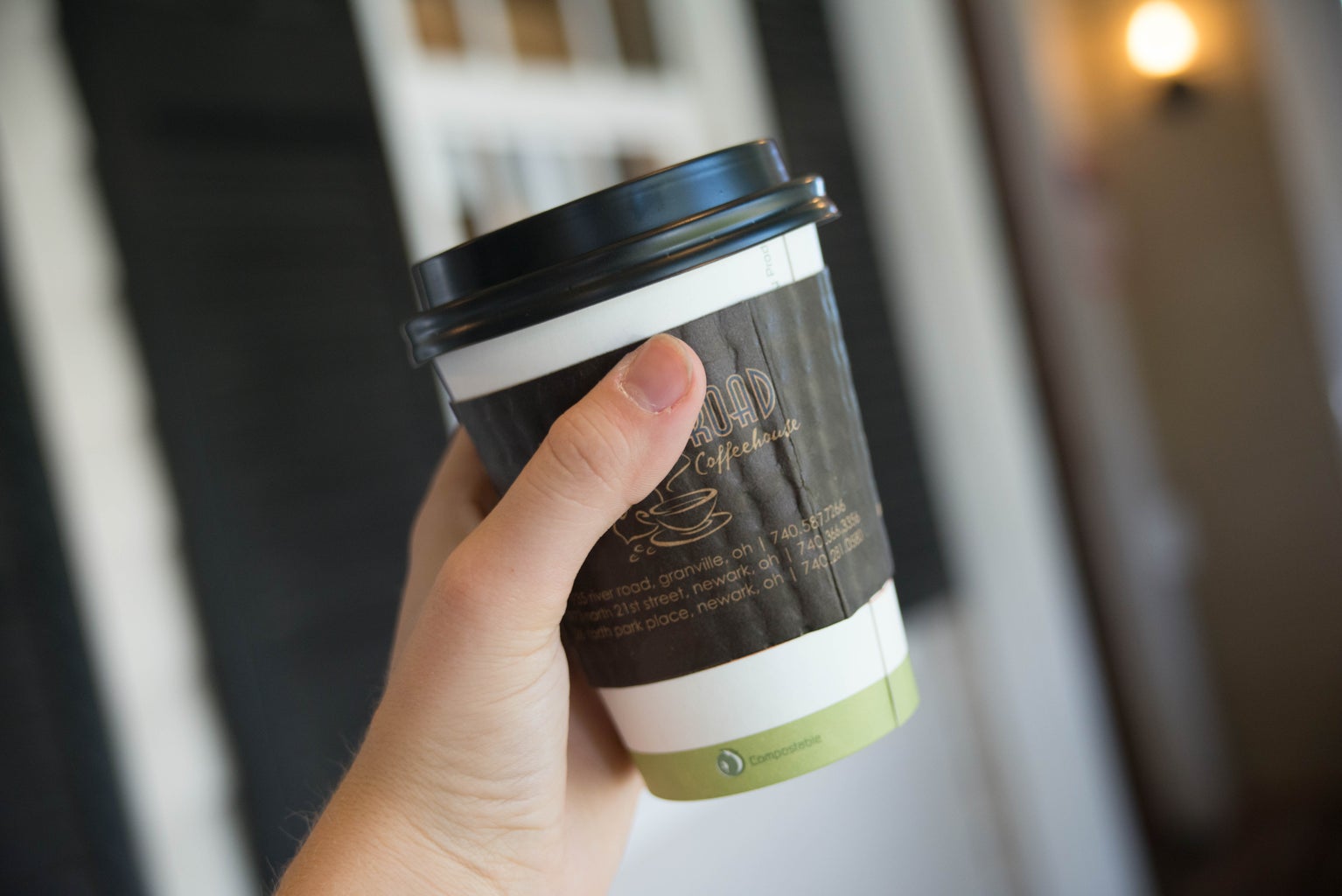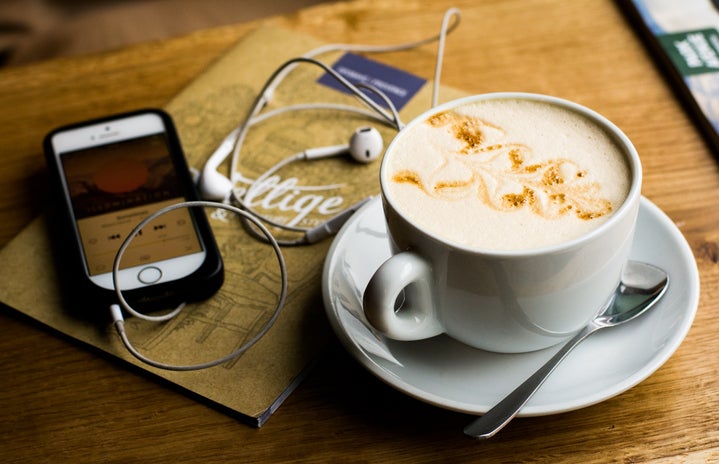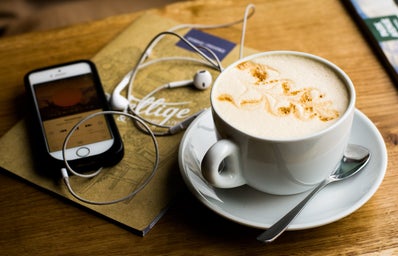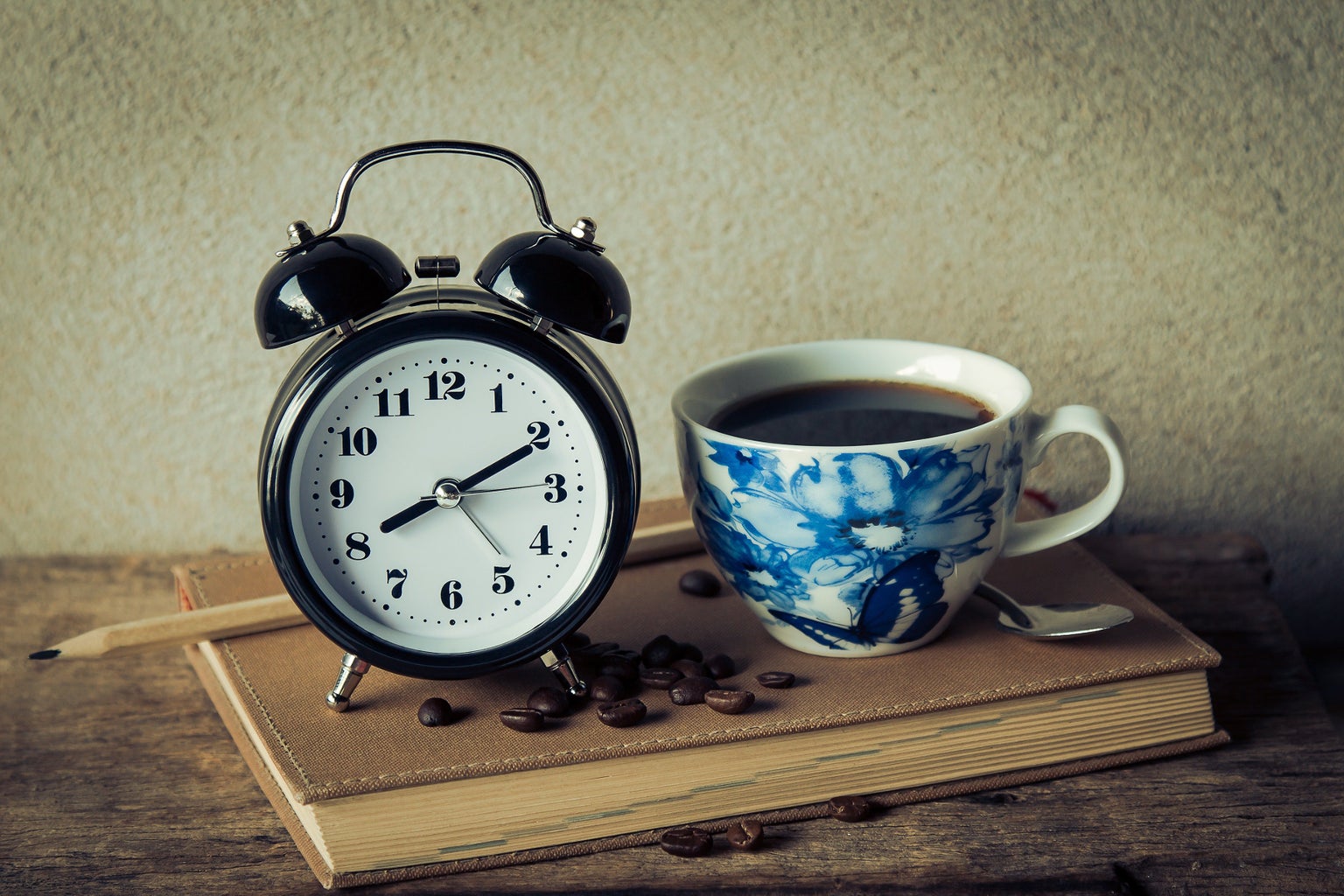Caffeine is a bitter white substance found in the leaves of specific plants. It’s used as a defense mechanism that prevents other plants from growing around it and deters bugs from chewing on its leaves. Humans are resourceful and we’ve come to use many parts of a plant for our own gain. Capsaicin — another chemical byproduct of many pepper plants — is what we know and love as the spicy taste in foods. Similarly, the drug caffeine is a treat that many of us indulge in without even knowing. You can find caffeine in many drinks such as coffee, tea, soda, and energy drinks, as well as lots of over-the-counter pain reliever medications and even in some chocolate products.
Now, I am no stranger to caffeine and I consume it in the form of coffee — at least once a day since I was 15. Funnily enough, even with the sheer amount of caffeine I’ve consumed in my lifetime, I’ve always been unaffected by its effects. It doesn’t keep me awake nor does it make me sleepy. I’ve never been jittery or felt more anxious after consuming coffee. When I began attending college, however, my caffeine intake almost doubled, and I was drinking two very large cups of coffee a day. It wasn’t until I decided I needed to reel in my coffee dependency that I noticed occasional symptoms when I skipped my daily coffee. Heartburn, muscle soreness, heart palpitations, and headaches were most of what I was experiencing, and it turns out these are textbook symptoms of caffeine withdrawal. While I could never stop drinking coffee cold turkey, I wanted to know how to safely manage caffeine intake so that I could reap the benefits of caffeine without feeling like I may go into cardiac arrest when I don’t have any.

With the stresses of college classes, social life, and extracurriculars, I didn’t think I could get through a week without my sidekick cup of coffee. I believed that it kept me up and running. I began to think that maybe coffee wasn’t even really physically keeping me awake, and was maybe just a placebo. Sure enough, I switched my morning coffee to either decaf or tea every other day and felt so much better. All my symptoms went away within a week and I felt even more awake on days that I wasn’t having any caffeine. And while I was worried that I would hate not having the comfort of hot coffee in my hands to get me through the day, all the other drinks I’ve tried have given me the same warmth and happiness.
Also, trying other drinks really showed me how much I enjoy tea and my nostalgic love for hot chocolate. Other warm drinks to try would be a chai latte or warm cinnamon milk. This little journey for me has taught me that some dependencies are just habitual and enhancing my life as much as I think they are. It’s important to remember that so many parts of your life can be altered so long as you make the decision to change them.



